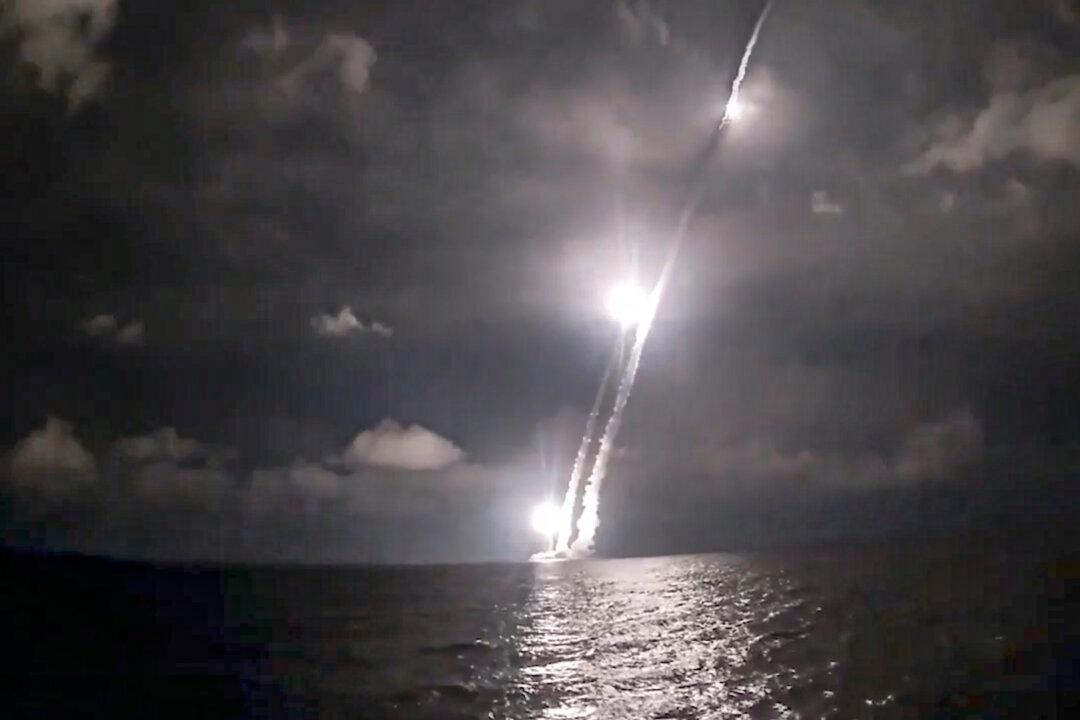A former CIA officer and expert on nuclear weapons has criticised successive American and British leaders, including President Joe Biden and Prime Minister Boris Johnson, for believing the mantra “nuclear wars can never be won and should never be fought” and allowing Russia and China to build up a massive strategic advantage over the West.
Peter Vincent Pry, director of the Task Force on National and Homeland Security, told The Epoch Times, “This is one of the most dangerous moments we’ve ever faced in the nuclear missile age.”





